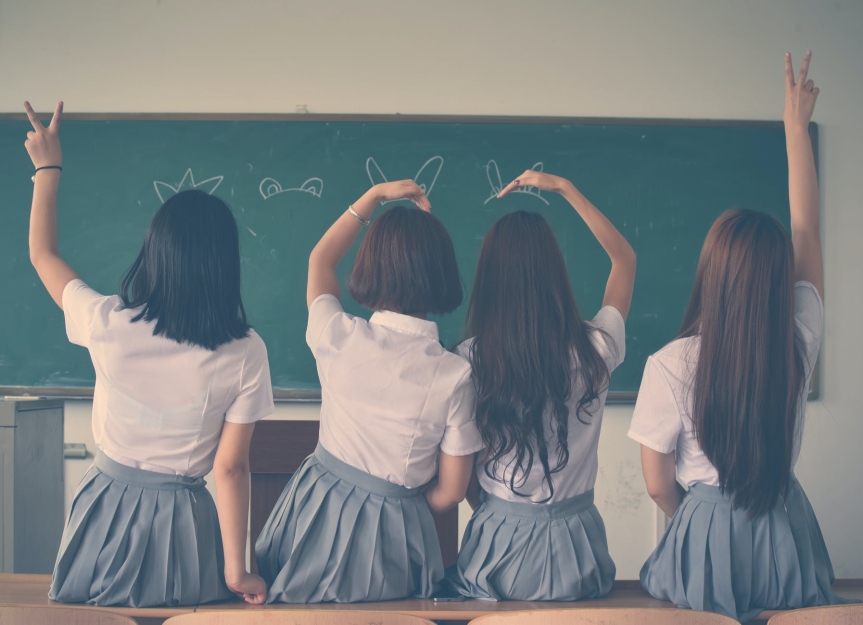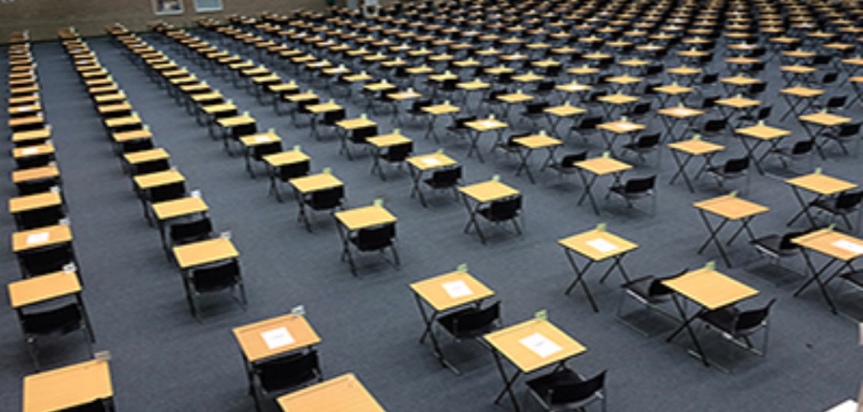By Kelly Grehan
In a country where we have had the numbers 52/48 etched in our collectively consciousness for the last six years belonging has been hard to come. For many of us, 12 years of Tory rule have made us wonder if we belong in the UK at all.
Loneliness, already on the rise, before the pandemic has become a common feature of life now.
Lockdown left many people alone, for long periods of time. Others were just as lonely in houses overflowing of people. Many people came out of lockdown to find tasks that used to provide them human contact, like shopping, banking and paying for the bus were now done through machines. It is now really easy for anyone living alone to go days without speaking to another person.
Grieving, so often characterised by rituals, was disrupted so much in the pandemic, that many people lost people they could not say goodbye to ever in person, or at a funeral and so have carried a burden of unprocessed grief with them for the last two years, with no real means of dealing with it.
Whereas work once provided the opportunity to make friends and connections, there are now many people who have now never met their colleagues apart from through a screen.
So it is not surprising that, perhaps subconsciously, we have turned into a population seeking connection, belonging and shared experiences.
Belonging is one of Abraham Maslow’s hierarchy of needs and indeed, the feeling of connectedness to a group or community; the sense that you’re part of something is recognised as being a primary part of a happy lifestyle
Psychologists report that shared experiences have many benefits. Including allowing people to feel their own and other’s emotions, which helps develop the ability for emotional empathy and to understand each other better. In post Brexit Britain isn’t empathy and understanding something that has begun to be erased from our culture?
So the public response to the death of the Queen, when considered in the context of a population in need of connection, was perhaps, inevitable.
As TV and radio stations all reported the same story from the moment the Queen’s ill health was reported, monarchists, republicans and those without much of a view either way, were led into experiencing the same news at the same times, in a way that on demand television has halted in recent years.
Of course, it helps that the Queen had been a constant presence in the background of our lives for most of us, for its entirety and that even the most ardent of republicans tend to have little criticism for the Queen herself. But as the days have gone on the value of shared experiences has become increasingly apparent.
The most obvious example of this, of course, is The Queue (formally known as the queue). Where as the long waiting times standing in line sounded like something deeply unpleasant, what has become clear is that actually, people in the line, sharing a once in a lifetime experience with strangers are having a deeply enjoyable, and life affirming time. It’s notable that people are swapping numbers, making plans to meet and talking about how much they have in common with those who just happened to be the next in line. In modern life, when would we get to spend 12 hours really getting to know a stranger? There are probably people we have lots in common with in all parts of our life, but we just don’t get the chance to find out.
The other thing about the queue is how many people report being there for their mum/dad/nan/aunt who has died.
The Samaritans have sent 180 volunteers to the queue who report that people have been reflecting upon their own lives, as well as expressing grief for Her Majesty. This is surely no bad thing.
It isn’t just those in the queue either, in towns across the country people gathered to hear the proclamation – effectively to hear news they already knew. Others have taken to wearing black, something they probably did not do at times of their own bereavement, others have taken flowers to local monuments as well as to the Royal Parks. There is a feeling that we are all part of something. Despite the obvious sadness of the passing of our monarch, there does seem to have been an uplifting of national mood in recent days, with people feeling connection and all the benefits this brings.
No one disputes that automation is here to stay, and that new developments bring benefits as well as difficulties. But as a country with a massive mental health crisis we need to look at what we can learn from events of the past 10 days and how we can bring more connection, empathy and understanding into our culture moving forward.

























